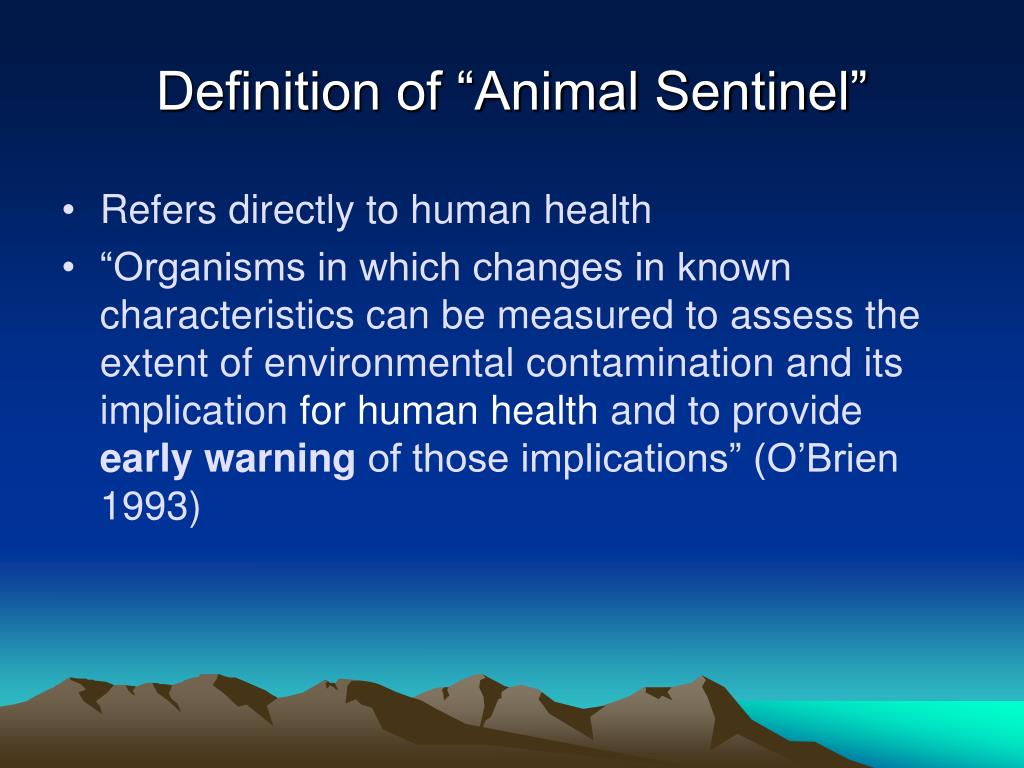


having unusually tight anal sphincter muscles, which can increase the tension in your anal canal, making it more susceptible to tearing.occasionally, a sexually transmitted infection (STI), such as syphilis or herpes, which can infect and damage the anal canal.inflammatory bowel disease (IBD), such as Crohn's disease and ulcerative colitis.Other possible causes of anal fissures include: Most cases occur in people who have constipation, when a particularly hard or large poo tears the lining of the anal canal. What causes anal fissures?Īnal fissures are most commonly caused by damage to the lining of the anus or anal canal, the last part of the large intestine. The anal sphincter is the ring of muscles that open and close the anus. Occasionally, a measurement of anal sphincter pressure may be taken for fissures that have not responded to simple treatments. This may include a more thorough examination of your bottom carried out using anaesthetic to minimise pain. The GP may refer you for specialist assessment if they think something serious may be causing your fissure. They'll usually be able to see the fissure by gently parting your buttocks.Ī digital rectal examination, where a GP inserts a lubricated, gloved finger into your bottom to feel for abnormalities, is not usually used to diagnose anal fissures as it's likely to be painful. They may also ask about your toilet habits. The GP will ask you about your symptoms and the type of pain you have been experiencing. They can also tell you about self-help measures and treatments that can relieve your symptoms and reduce the risk of fissures coming back. Most anal fissures get better without treatment, but a GP will want to rule out other conditions with similar symptoms, such as piles ( haemorrhoids). Anal fissures are a common problem GPs are used to dealing with. See a GP if you think you have an anal fissure.ĭo not let embarrassment stop you seeking help. bleeding when you poo – most people notice a small amount of bright red blood either in their poo or on the toilet paper.a sharp pain when you poo, often followed by a deep burning pain that may last several hours.The most common symptoms of anal fissures are: An anal fissure is a tear or open sore (ulcer) that develops in the lining of the large intestine, near the anus.


 0 kommentar(er)
0 kommentar(er)
